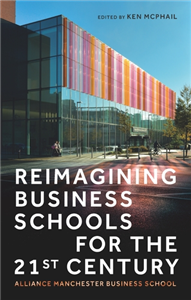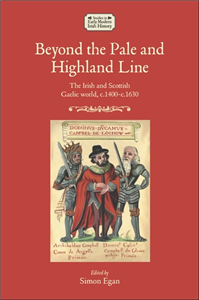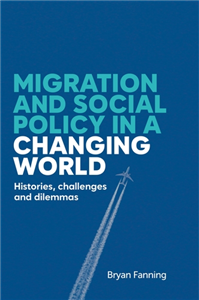Literature & Literary Studies
June 2016
This book presents a wide range of previously unpublished works by Radclyffe Hall. These new materials significantly broaden and complicate critical views of Hall's writings. They demonstrate the stylistic and thematic range of her work and cover diverse topics, including 'outsiderism', gender, sexuality, race, class, religion, the supernatural and the First World War. Together, these texts shed a new light on unrecognised or misunderstood aspects of Hall's intellectual world. The volume also contains a substantial introduction, which situates Hall's unpublished writings in the broader context of her life and work. Overall, the book invites a critical reassessment of Hall's place in early twentieth-century literature and culture and offers rich possibilities for teaching and future research. It will be of interest to scholars and undergraduate and postgraduate students in the fields of English literature, modernism, women's writing, and gender and sexuality studies, and to general readers. ;



























